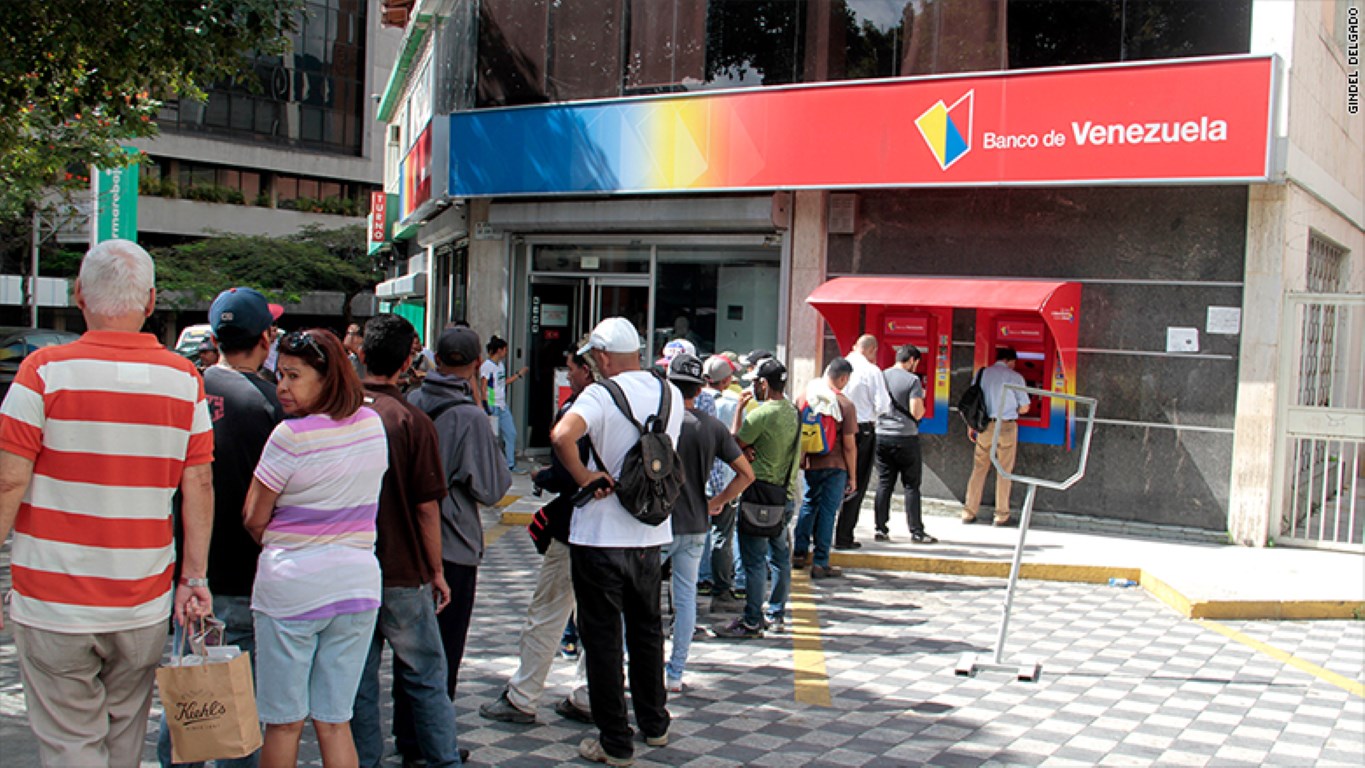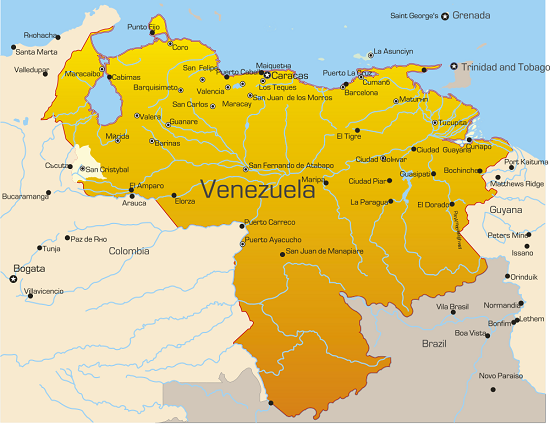Hyperinflation in Venezuela
January 18, 2018 | Expert Insights

Inflation in Venezuela has continued to climb to astronomical levels. In 2017, the country’s inflation rose to 2,616%.
The once prosperous Latin American nation’s economy has imploded in the recent years. Is there any way to save Venezuela?
Background
Despite having world's largest proven oil deposits, many Venezuelans have lived in abject poverty. The former President, Hugo Chavez, was in office from 1999 to 2013. In that period, billions of dollars were spent in generous social programs. After his death, his successor, Nicolas Maduro took office. There has been a rise in inflation and a shortage of basic goods. A drop in the oil prices had added to the administration’s problems.
From 2014, there have been recurrent protests against the government because of many of these issues. Detractors blame the current economic policies for the crisis. People are also disillusioned by the high level of urban violence prevalent in the nation.
The protests have increased from 2017. There have been calls for fresh elections to remove United Socialist Party (PSUV) from power. However, the government remains as powerful as ever in the nation. Recently, a new constituent assembly was instated in Venezuela. The assembly is filled with Maduro supporters and has the power to re-write the nation’s constitution.
The nation’s economy has become increasingly unstable and there is hyperinflation in the region. In August 2017, CNN reported that 3,164 Bolivars was equivalent to $1. This is a problem because private banks let Venezuelans withdraw 30,000 bolivars ($2.88) from an ATM at a time.
Reports have also revealed that hospitals in the country are running out of medicines and they are unable to treat those admitted. A recent study revealed that at least 93% of Venezuelans cannot afford to buy enough food. The study also stated that 73% of the population have lost weight in 2017 alone. Reports note that people have taken to scavenging through trash.

Analysis
Amid all the political turmoil, Venezuela's cushion of cash has fallen to its lowest point in over 20 years. As of late 2017, Venezuela only had $10 billion in reserves. A nation’s reserve funds are the amount of funds it has to address any crisis and to ensure economic stability. Additionally, the nation has incurred $120 billion in debt. For more details, click here.
In November 2017, Maduro announced plans to restructure the nation’s massive foreign debt. The restructuring effort will be led by Vice President Tareck El Aissami, who will also start "the fight against the financial persecution of our country," according to Maduro.
In 2017, the inflation in Venezuela rose to the highest in the world. According to estimates, inflation jumped up to 2,616%. One dollar fetches about 191,000 bolivars, according to black market exchange rates. As the value of the local currency continues to sink to new lows, bans have become venues with widespread confusion. They attract long line and according to reports that multiple banks have stopped offering cash. Some only allow electronic transactions.
“Inflation in December alone is greater than accumulated inflation (over the whole year) for all of Latin America,” said lawmaker José Guerra. The country’s minimum wage went up 40 percent in January but still is worth just over $2 per month on the black market exchange. The International Monetary Fund (IMF) has forecast an inflation rate of 2,350 percent for 2018.
Meanwhile, the nation’s leader Nicholas Maduro has blamed his opponents for Venezuela's economic woes. He has also accused U.S. sanctions on Venezuelan leaders are proof the United States is waging an "economic war."
A report from Financial Times has noted that the International Monetary Funds (IMF) has already begun preparing a probably bailout plan for Venezuela. Even though, the plan is still at a nascent stage, a the body is mulling over the possibility of giving Venezuela $30 billion annually.
Assessment
Our assessment is that economic implosion and the hyperinflation has resulted in extremely poor living conditions for the citizens of the nation. Maduro has blamed his opposition for the escalating problems and has even proposed the introduction of a cryptocurrency that he has vowed will address the nation’s woes. However, critics argue that poor governance and policies is to blame for the crisis. Even if IMF proposes a rescue plan, it would also result in one of the world’s most complex bond restructurings and a big test of Fund rules. With its democracy and economy in crisis, has Venezuela become a failed state?








Comments